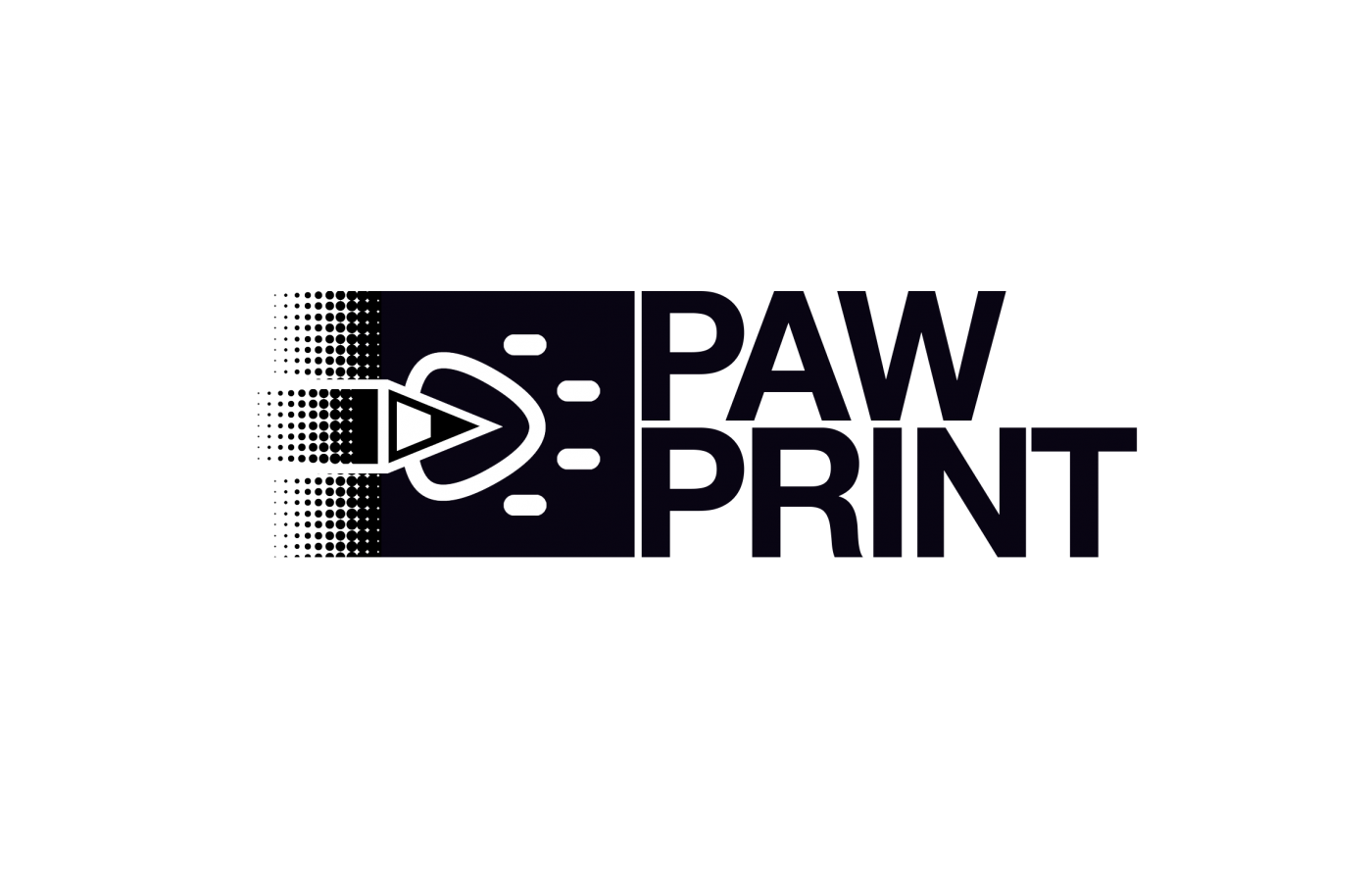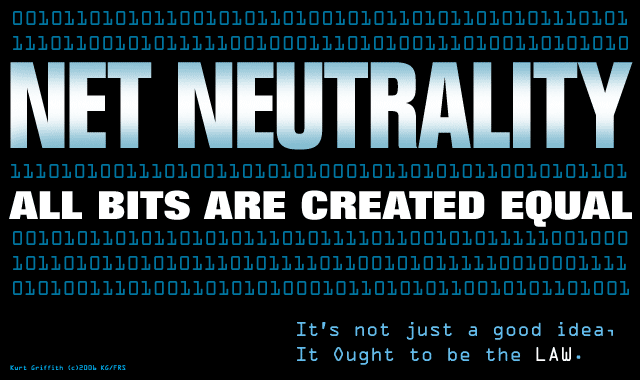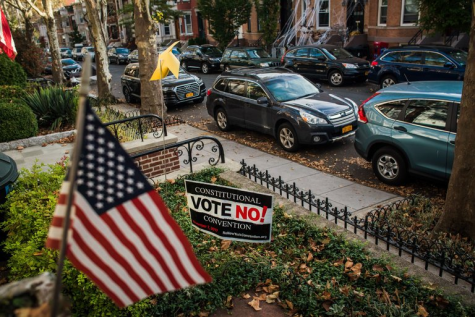Net Neutrality
It’s More Important Than You Think
It’s just a fact that when you unlock your phone you expect everything to work. Users today take this for granted. How would you feel if you tried to open FaceTime and it wouldn’t work? Would you be upset? Would you be mad?
These are emotions AT&T customers in the year 2012 felt when they realized that AT&T blocked FaceTime on their iPhones unless they subscribed to a more expensive text-and-voice plan. This is just one example of a company trying to abuse the accessibility of the Internet, something that people rely on for daily tasks.
What was the solution? Making the internet a utility, meaning that it would be sold like electricity, so that when you purchase a plan, you will receive the same speed on all websites and devices. In 2015, the FCC came to this conclusion, voting in favor of passing net neutrality under Title II of the Communications Act which imposed more governmental regulation on the Internet service providers. Proponents firmly support the legal restriction, believing it prevents abuses of power by influential telecommunication corporations.
Frankie Giarrizzo, an 11th grader, stated, “I do believe the Internet should be treated as a utility,” which means that he would be a supporter of net neutrality. Another 11th grader, Andrew Ferreri, says he doesn’t know enough about the topic to form an opinion, which shows how this issue could be considered not critical to the masses, as many might not think about it. Andrew Harrigan, a high school student, believes that “net neutrality is one of the most insidious issues today’s citizen faces” due to a lack of media coverage, which is the “chief cause of all of this confusion.” However, President Trump’s appointee, Ajit Pai, who is now the head chairman of the FCC, is an opponent of net neutrality. Pai argues that the Title II classification is very restrictive and only hurts consumers. The FCC website, under Pai, states that the removal of net neutrality could benefit all by reducing “needless red tape” and hoping that the removal would “spur broadband deployment throughout the country, bringing better, faster Internet service to more Americans and boosting competition and choice in the broadband marketplace.”
In response to the possible removal in 2017 there was a growth of vocal support for net neutrality through petition websites such as https://www.battleforthenet.com/
Companies such as Netflix, Facebook and Amazon are all in support for keeping net neutrality while companies such as Alphabet Inc., which owns Google, are in opposition possibly because they have their own Internet subdivision known as Google Fiber. Net neutrality is an issue that lacks media exposure, yet is potentially so impactful, and therefore it ought to weigh heavy on the minds of the American public.







